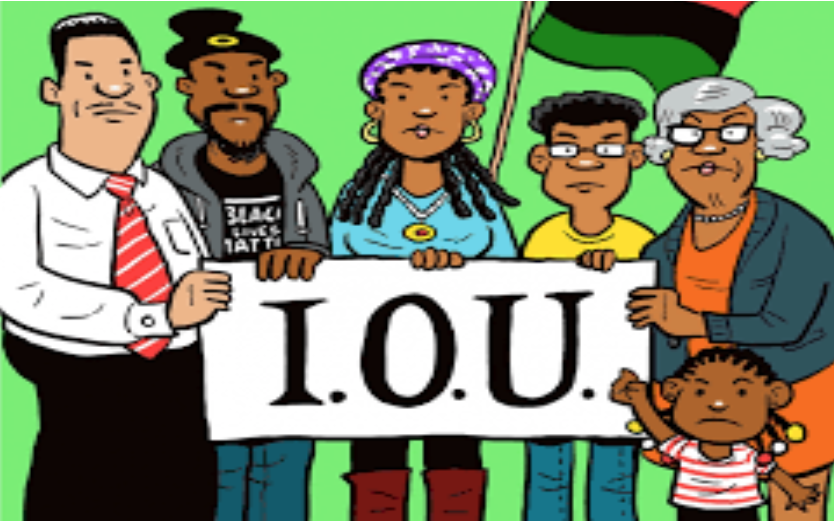CommentsFIRST PERSON-The Civil War ended in 1865 with the occupation of the South by Northern troops, which established a Reconstruction plan to try and dismantle the South's several-centuries-old culture founded on slavery and the institutional legalized inferiority of African Americans.
One of the proposed mechanisms to try and integrate Blacks into a reinvented Southern society was the proposal to give all ex-slaves 40 acres of land and a mule to make them economically self-sufficient. Regrettably, this never came to pass, or things might be different today.
In the presidential election of 1876, Samuel J. Tilden (a Democrat from New York) beat Rutherford B. Hayes (a Republican from Ohio) in the popular vote (50.9% to 47.9%). Hayes was nonetheless declared president in a shady deal memorialized by the Compromise of 1877, where Hayes was elected president by the electoral college through the key support of four Southern states. Hayes garnered these Southern electoral college votes by agreeing to support the Compromise of 1877, which called for the removal of all federal troops from the South.
Once these troops were removed, this re-institutionalization Black second-class citizenship, an anachronistic reprieve which even the civil rights movement in the sixties and beyond has yet to dislodge from the South and elsewhere in the U.S. Black Americans are still waiting to be given the same equal opportunities that even immigrants, who arrived in this country after they did, have been offered and taken for granted.
What kind of reparations could finally address the negative heritage of slavery in this country? It still haunts the African American community in a manner never experienced by other groups here. Up until now reparations have been discussed almost exclusively in terms of money. This may have worked with the Japanese American population that suffered the loss of money and property during their unconstitutional interment during WWII. But it would not work with a Black American population, where Black families -- 70% of them being single-woman heads of household -- have never achieved the same sustained positive identity that defines other ethnic communities whose members are recognized as contributors to American society.
The mechanism that has allowed so many other ethnicities to economically and socially integrate into American society over one generation, is an excellent public school education. This continues to be denied to most African Americans because our still de facto segregated public education system makes no attempt to teach or expect Black students to learn. Regrettably, too many Blacks fail to buy into the belief that Black children can learn just like any other group if given the opportunity.
It's not as if the inferior education Blacks are subjected to is a new topic. It was laid out clearly in the Supreme Court case of Brown vs. Board of Education 65 years ago, when the Court stated clearly that, "Separate but equal... is inherently unequal." But up until now, nothing has been done to truly address this reality. Busing that might have ended segregation was taken off the table by the Joe Biden-types, politicians who cared more about their political careers than addressing the objective needs off some of our youngest citizens, who still never seem to get invited to dinner.
It's hard to maintain the fantasy that all segregated -- White and Black included -- groups continue to harbor about each other. But once you have to deal with each other on a day to day basis in an integrated public education environment, ALL STUDENTS would be able to achieve at their highest individual level. Providing quality education is much cheaper than spending $146,000 a year to incarcerate predominantly minority ex-students who were passed through the public education system without learning. They missed out on the chance to become working, taxpaying members of society.
Reparations that pay for all the education that minority students might want in the future, in an environment conducive to learning, would go a long way to address the legacy of slavery. Come to think of it, education for all students, irrespective of ethnicity, has been shown to more than pay for itself, given the significantly higher productivity, earnings, and taxes paid by a well-educated workforce.
I wonder what a July 4th Independence Day would be like if we put the unaddressed legacy of slavery to bed with excellent public education reparations. This could make "liberty and justice for all" a reality – not just empty rhetoric.
(Leonard Isenberg is a Los Angeles, observer and a contributor to CityWatch. He was a second- generation teacher at LAUSD and blogs at perdaily.com. Leonard can be reached at [email protected].) Edited for CityWatch by Linda Abrams.
Tags:
















